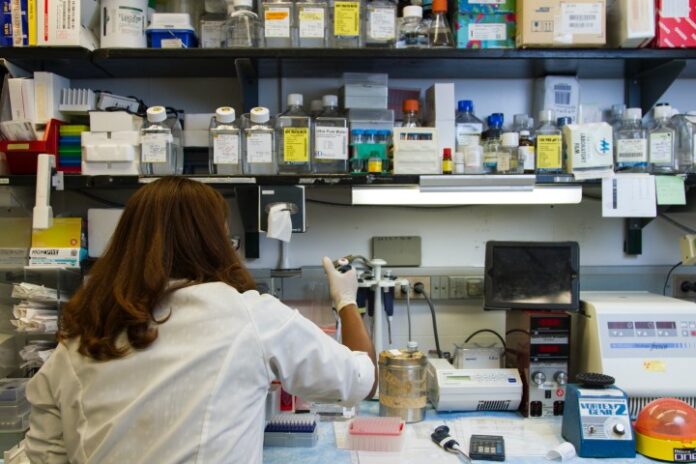Rheumatoid arthritis (RA) and Parkinson’s disease (PD) are distinct chronic inflammatory conditions affecting different organ systems, but emerging evidence suggests potential links between these seemingly unrelated disorders. This scientific article aims to explore the current state of research on the association between RA and PD, with a focus on shared inflammatory pathways and possible underlying mechanisms. By understanding the interconnectedness of these conditions, we hope to shed light on new therapeutic avenues and improved management strategies for patients affected by RA and PD.
Introduction:
Rheumatoid arthritis is an autoimmune disease primarily affecting the joints, while Parkinson’s disease is a progressive neurodegenerative disorder primarily affecting the central nervous system. Both conditions have been the subject of extensive research, yet their connection has gained interest due to shared inflammatory processes. This article aims to examine the evidence linking RA and PD, providing a comprehensive understanding of the potential links between these disorders and their implications for clinical management.
Rheumatoid Arthritis and Its Inflammatory Basis:
Rheumatoid arthritis is characterized by chronic inflammation, leading to joint damage and systemic complications. Immune dysregulation, involving both innate and adaptive immunity, results in the activation of pro-inflammatory cytokines and the infiltration of immune cells into the synovial tissue. This immune response eventually leads to cartilage and bone destruction.
Parkinson’s Disease and Inflammation:
Parkinson’s disease is characterized by the degeneration of dopaminergic neurons in the substantia nigra, leading to dopamine depletion in the brain. Although the primary cause of PD remains unclear, inflammation is believed to play a significant role in disease progression. Microglia, the resident immune cells of the brain, become activated and release pro-inflammatory molecules, contributing to neuronal damage.
Shared Inflammatory Pathways:
Evidence suggests that both RA and PD share common inflammatory pathways, which may contribute to the association between these conditions. Elevated levels of pro-inflammatory cytokines, such as tumor necrosis factor-alpha (TNF-α) and interleukin-1 beta (IL-1β), have been observed in both RA and PD patients, indicating a systemic inflammatory response. Moreover, Janus kinase-signal transducer and activator of transcription (JAK-STAT) signaling, a key pathway in inflammation, has been implicated in both disorders.
Autoimmunity and the Brain:
The concept of autoimmunity extending beyond the joints in RA has gained traction in recent years. Autoantibodies and immune complexes generated in RA may cross the blood-brain barrier and trigger immune responses in the brain, potentially contributing to the neuroinflammation observed in PD.
Gut-Brain Axis and Microbiota Dysregulation:
The gut-brain axis, which involves bidirectional communication between the gut microbiota and the central nervous system, may offer insights into the connection between RA and PD. Dysbiosis, a disruption of the gut microbiota, has been observed in both disorders, and emerging research suggests a role for gut inflammation in influencing neuroinflammatory processes.
Common Genetic Susceptibility:
Certain genetic factors, such as the HLA-DRB1 gene in RA and the LRRK2 gene in PD, have been implicated in both conditions. These overlapping genetic susceptibilities may provide further evidence of shared pathways between RA and PD.
Potential Therapeutic Implications:
Understanding the potential links between RA and PD may open new avenues for therapeutic interventions. Drugs that target specific inflammatory pathways, such as JAK inhibitors, have shown promise in RA and could be explored for their neuroprotective effects in PD. Additionally, modulation of the gut microbiota through diet or probiotics may offer a novel approach for managing both disorders.
Although rheumatoid arthritis and Parkinson’s disease have long been considered separate entities, accumulating evidence points to potential links between these chronic inflammatory conditions. Shared inflammatory pathways and the possibility of autoimmunity extending beyond the joints have sparked interest in exploring their interconnectedness. Future research should focus on elucidating the underlying mechanisms that drive the association between RA and PD, ultimately leading to novel therapeutic strategies that improve the management and outcomes of patients affected by these debilitating conditions.


